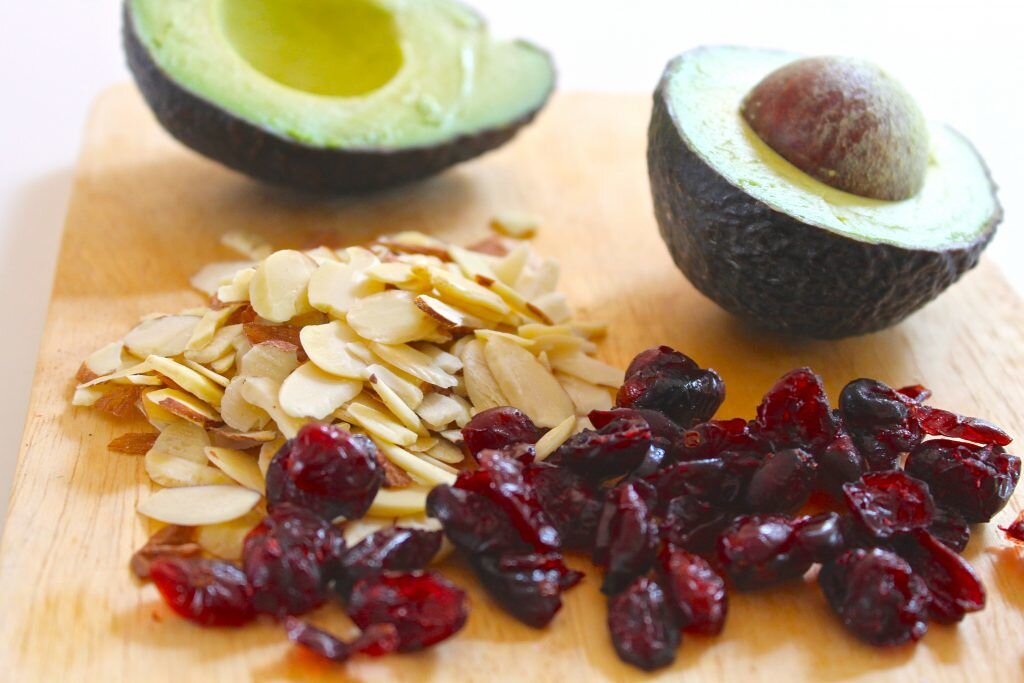Why are Grains Bad for You?
You may have heard of going gluten-free, but what does it mean to go grain-free? When I begin working with a new autoimmune client, one of the first steps I have them take is to eliminate all grains. Hippocrates had it right more than 2,000 years ago when he infamously stated: “all disease begins in the gut.” Grains interfere with healthy gut flora, leading to disease overtime and many other symptoms.
Before explaining “why” behind a grain-free diet it is important to understand what a grain is.
What are grains?
The definition of a grain is pretty simple. Grains are defined as wheat or any other cultivated cereal used as food.
Many of the clients I work with come to me saying, “I am gluten-free, but I still feel bad.” Just because you eat a gluten-free diet does not mean you are eating a grain-free diet-which could be the reason you feel ill or are sick with an autoimmune disorder.
Grains can be classified into 2 groups, grains and pseudo-grains:
Grains
Barley
Corn
Wheat (all varieties)
Rice
Barley
Millet
Oats
Sorghum
Spelt
Teff
Pseudo-Grains
Amaranth
Buckwheat
Chia
Quinoa
Almond slices, avocado and craisins
What’s the link between grains and the gut?
If you are autoimmune, you have what is called a leaky gut. You can also have a leaky gut and not be autoimmune.
Our “gut” is a loose term for our digestive organs. 70-80% of our immune system lies in our gut. Once it is compromised, it can cause a variety of health issue. Even if you don’t have health issues, maintaining a healthy gut flora is beneficial for everyone.
Think of your gut like a “net” or like cheesecloth. Certain vitamins and minerals are supposed to go through our system. However, when inflammatory foods hit the gut, the inflammation seeps out into the body causing disease.
Why are grains bad for you?
One answer: lectins! In Dr. Steven Gundry’s best selling book the Plant Paradox he explains
“Lectins are large proteins found in plants and animals, and they are a crucial weapon in the arsenal of strategies that plants use to defend themselves in their ongoing battle with animals.” Lectins are found in many other foods besides grains (including wheat containing grains) however, lectins have the largest concentration and most permeable effect in grains.
He goes on to state, “Lectins are sometimes referred to as ‘sticky proteins’ because of this binding process, which means they can interrupt messaging between cells or otherwise cause toxic of inflammatory reactions”
You might be wondering how did I eat gluten and grains forever and feel fine? What if I eat gluten and grains now and feel fine? The Paleo Mom points out that “the lectins in grains, legumes, and pseudo-grains aren’t toxic enough to make the most of us severely ill…rather their effects are subtle and can take years to manifest as disease.”
What are the symptoms of grain sensitivity?
Dr. Gundry states, “if you have ever experienced brain fog, thank lectins.” A leaky gut, due to grain consumption and other factors, leads to a variety of health issues including, but not limited to:
-Autoimmune disorders, diarrhea, constipated, feeling sluggish, brain fog, anxiety, depression, fatigue, trouble sleeping, rashes, skin issues like eczema, candida, etc.
-Food sensitivities
-Thyroid issues
-Nutrient deficiency/unable to absorb
So what can I do to combat symptoms of celiac or grain sensitivity?
The good news is there is hope! You can still maintain a happy and healthy quality of life without grains. Healing your gut can be a long and complex process, however, by eliminating grains entirely you will be on your way to a healthier intestinal lining. Fortunately, all recipes on my blog are grain-free!
Along with eliminating grains, I recommend following a Paleo diet. Further, coaching clients through this process is what I do! I would love to get you feeling healthy, teach you how to heal your gut, give you recipes and meal plans, and coach you through grain-free living. While it may seem like a sacrifice at first, it is worth the way you will feel.
You can learn more about working with me here.
Be sure to check out my eBook where I go into even more details about grains, autoimmunity, the gut, my personal story, and over 30 original grain-free recipes!


